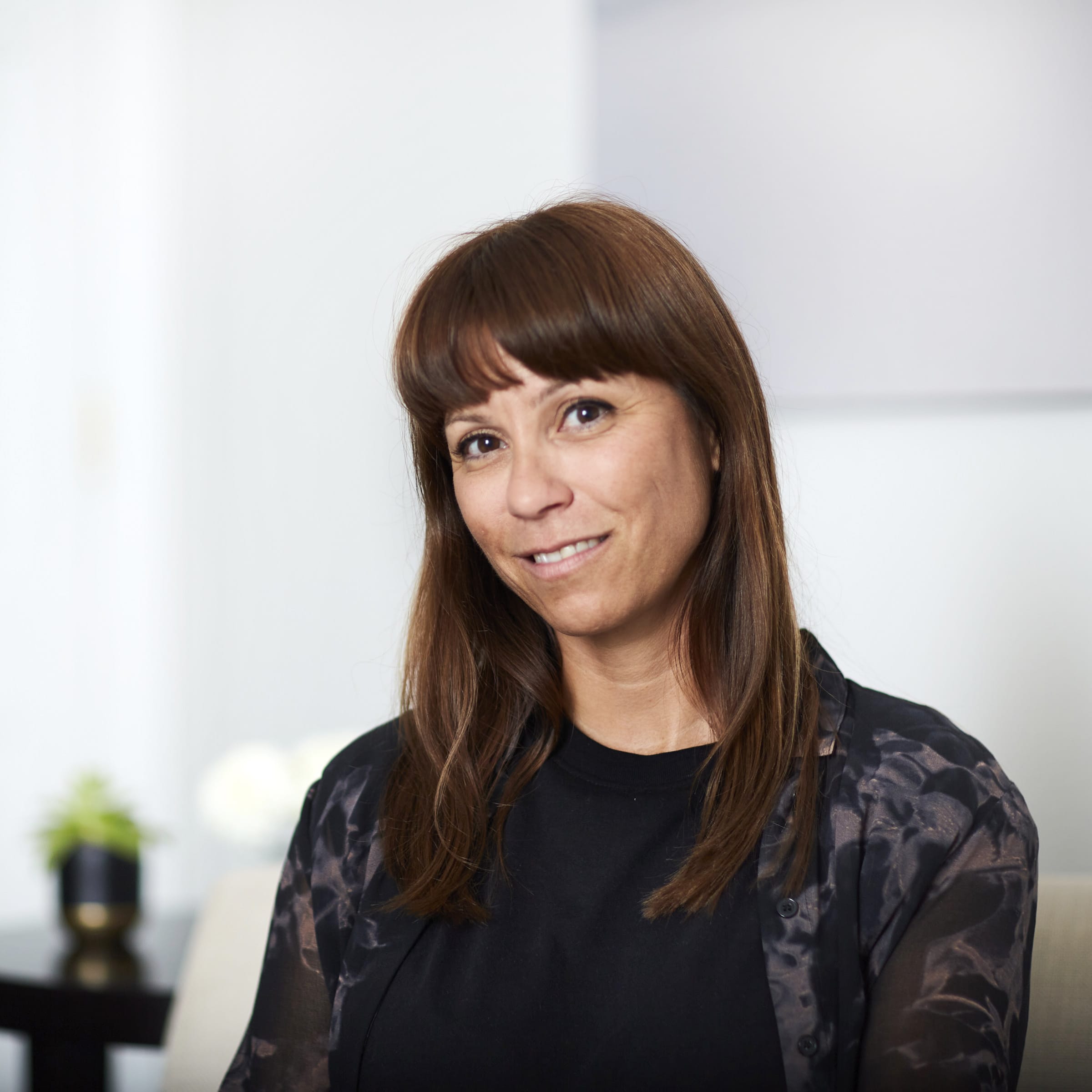Video Description
Catherine Atnas, a private psychologist in Chelsea, discusses how people can approach finding the right therapist for the kind of mental health difficulty they are experiencing. Chelsea Psychology Clinic are a group of London psychologists and psychiatrists offering private psychological therapy and psychiatry treatment from their premises across central London and Chelsea. The private therapy sessions cover the following areas: – Acceptance & Commitment Therapy – Cognitive Analytic Therapy – Cognitive-behavioural Therapy – Couples Therapy – Dialectical-behaviour Therapy – Mentalisation Based Treatment – Mindfulness Based Cognitive Therapy – Schema Therapy https://www.thechelseapsychologyclinic.com
Video Transcription
Choosing a therapist will depend on lots of different factors. It might depend on the type of therapy you’re looking for and what kind of difficulty you’re preventing with. So different therapies might be more helpful for different kinds of difficulties. Now, if you’re choosing to have CBT, for example, which is a therapy that’s focussed very much on the here and now and is particularly good for working with anxiety disorders or depression, it’s quite a short term focussed therapy, then you might be looking for someone who has a specific qualification in Cognitive Behavioural Therapy, like a diploma, for example. You’d also need to consider perhaps how you get on with a therapist. Because in any therapy, the relationship between the therapist and the client is really important. Having said that, there is no such thing as a perfect therapist, but it’s important that you work with someone that you feel that you can be open with, that you feel you can be honest with, that you can form a relationship with or a working alliance with.

